Many talented people refuse high salaries because they find the environment unsuitable.
An entrepreneur in the information technology industry in Vietnam, a former student of the University of Technology (Ho Chi Minh City National University), said he witnessed many excellent national students, winners of many international Olympic medals and many students who can be considered talented in their fields of study, choosing to further their studies and work abroad, after studying abroad.

Le Phan Duc Man, a 12th grade student who just won a silver medal at the 66th International Mathematical Olympiad (IMO), returned to Vietnam and was awarded by Ho Chi Minh City.
PHOTO: VU DOAN
Some, according to his witness, also returned to Vietnam. However, there are also many talented people who are invited to work in Vietnam, and domestic corporations are willing to pay high salaries, but they refuse. This shows that to attract and retain talented people, paying high salaries is not the optimal solution. And it is not that talented people refuse to work in Vietnam because of low salaries.
"Some of the reasons I see many talented young people, not just Olympic medalists, staying abroad to work instead of returning home, can be listed as: the domestic working environment is still restrictive. The working environment does not allow them to be comfortable, free to be creative, hindering the enthusiasm of youth, causing them to stagnate over time. Besides, they feel that the facilities and infrastructure at work to continue their research are still limited. Next to that, the living environment and quality of life have many differences between modern, developed countries and those in the country...", this businessman said.
Therefore, according to him, to change, attract and retain talent, it is necessary to change the solutions synchronously. Not only paying them a high salary, with a suitable treatment regime, but also many other solutions at the upper level, to improve and change the above problems.
Returning to a suitable ecosystem is the best option.
In an interview with Thanh Nien Newspaper, Dr. Nguyen Thanh Nhan, senior advisor of Asia Talented Young Primary and Secondary School (ATY), said: "I have had the opportunity to work with many large corporations and meet many outstanding young people. But only a small number of them come from specialized schools or have Olympic medals. Specialized schools do not mean "talent"; rather, they are places where good students and many aspirations gather, thereby motivating each other to progress. In a rapidly changing world , when artificial intelligence (AI) has entered most fields, the concept of "talent" needs to be understood more broadly: comprehensively trained, with good personality, solid skills, and the ability to adapt quickly and work effectively. Only then can young people make practical contributions to the country."
"I am quite concerned about the proposal to build a separate curriculum for students of specialized schools. What is the goal? To study in advance, to study at a higher level to accumulate certificates or to easily win prizes in exams? If we stop there, I'm afraid we will waste their potential. When they are good, they need an environment that fosters self-study, guidance when needed, and opportunities for in-depth research according to their interests. As for where to work after graduation, the most important thing is to have an environment to develop their abilities. If they return to the country and have a suitable ecosystem, that is the best choice; otherwise, returning sometimes just turns into a waste," Dr. Nguyen Thanh Nhan frankly said.
When the human factor is focused on, talents will know whether to stay abroad or return to Vietnam.
Talking to Thanh Nien Newspaper reporter, Huynh Pham Nghi Van, a former student of Nguyen Thi Minh Khai High School (Xuan Hoa Ward, Ho Chi Minh City), currently a student at Zhejiang University, China - the 4th school in China, ranked 39th in the world according to THE 2026 - said that the above reality comes from the tradition of valuing talents of the country of a billion people. This process starts right from the moment of discovery, not waiting until the need to "use" talents, then the parties find ways to mobilize.
"Chinese students understand that winning an award or getting a high score is not just a certificate to hang on the wall, but a 'ticket to change your life' for yourself and your family," the female student who won a science and technology award and was an excellent student at the city level emphasized.
That is also the reason why this Vietnamese female student believes that if the human factor is focused on, many talents will know whether to stay or return to Vietnam to contribute. The first thing is to create conditions for students to focus on studying and researching, and at the same time, have high-paying job opportunities to take care of themselves and their families. At the same time, there should be equal attention between all sectors, especially when the international Olympic competitions that Vietnamese students participate in today mainly focus on natural sciences such as mathematics, chemistry, biology...
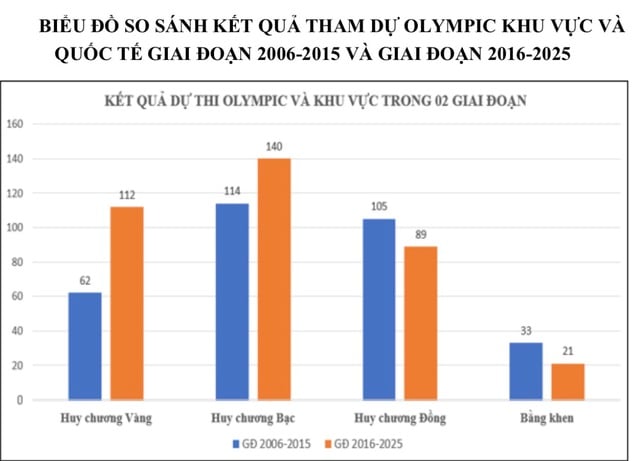
In the past 10 years, the number of medals won by Vietnamese students at the Olympics has increased significantly.
PHOTO: MINISTRY OF EDUCATION AND TRAINING
How do China, Japan, and South Korea attract and retain talent?
On the international level, Vietnam must compete to attract and retain talent not only with Western countries but also with many countries and territories in the Asian region. For example, in Japan, The Japan Times reported that the government will abolish the current trainee program and replace it with a new system from April next year, with the goal of attracting and retaining international talent.
Not only attracting foreign talent, places also focus on retaining domestic talent. For example, on November 7, the Ministry of Science and Information and Communications Technology of Korea announced a plan to select and support 100 researchers to prevent brain drain. This plan lasts for 5 years, each year 20 people are selected to be awarded the title of "national scientist".
These are domestic talents with world-class research achievements, receiving 100 million won (1.8 billion VND) in funding each year and being given many other favorable conditions to carry out research and development (R&D) projects. In addition, Korea has also increased financial support for students in the field of science, technology, engineering and mathematics (STEM) and expanded job opportunities in the public sector for young researchers.
At the same time, the Korean government aims to attract 2,000 foreign researchers by 2030, focusing on core strategic technology fields such as AI, quantum technology and advanced biotechnology... by easing visa policies and pathways for permanent residency and naturalization into the country, according to The Chosun Daily .
Experience from China is also worth considering as many young Vietnamese people know the story of how universities in this country "do everything" to compete for domestic talent, from international Olympic winners to those who score high on the university entrance exam (gaokao). Not only do they "reserve places" for students who have not yet graduated, universities even go to the homes of talented students to persuade their families to let their children enroll in their schools.
Meanwhile, in Taiwan, in August, the law for international experts was revised to attract and retain more than 10,000 experts each year, focusing on loosening regulations on work and residence. One of the important changes is to allow international students to stay for up to 2 years after graduation, and at the same time allow international experts who have graduated from 1,500 of the world's top universities to come to Taiwan to work immediately instead of having to have 2 years of experience as before.
Even non-resident international professionals will be eligible for pensions, while those who are permanent residents will be entitled to additional unemployment benefits, vocational training subsidies, and parental leave, according to Taiwan News. The new law is expected to take effect in January 2026.
On the morning of November 7, the Ministry of Education and Training held a conference to summarize the training and development of teams participating in regional and international Olympics for the period 2016 - 2025.
A representative of the Ministry of Education and Training said he was 'very concerned' that we have had many forms of honoring and rewarding students who won prizes in national competitions for excellent students and international Olympics, but when they enter the advanced training stage, the policies are still open.
Professor Huynh Van Chuong, Director of the Department of Quality Management (Ministry of Education and Training), also pointed out a series of problems in the discovery, training and fostering of excellent students today. The laboratory system is still limited in both quality and quantity, there are no modern labs, synchronous STEM labs for students to get acquainted and practice in depth during the learning process and before exams.
Priority budget for training, fostering, coaching, etc. is still limited, and the expenditure level is not commensurate with the workload.
What is more worth discussing, according to Professor Chuong, is that most students with high achievements go to study abroad and stay.
The reason is that there is no specific training mechanism to attract and nurture these talented people, leading to most of them studying abroad; there is no recruitment mechanism, appropriate treatment, and suitable working environment for these people after completing their university, master's, and doctoral programs, making many students hesitant even though they want to return to contribute to the country. There has not been a network of contacts with students after their achievements to mobilize them to serve the country's innovation and development process.
Source: https://thanhnien.vn/thu-hut-giu-chan-nhan-tai-tra-luong-cao-la-chua-du-dieu-gi-moi-quan-trong-185251109111758183.htm










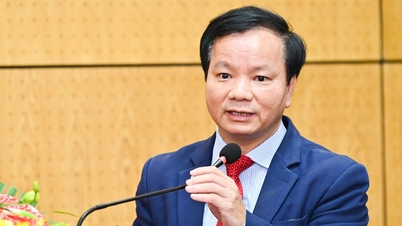

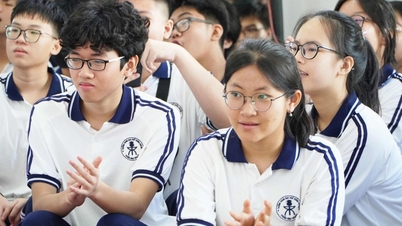

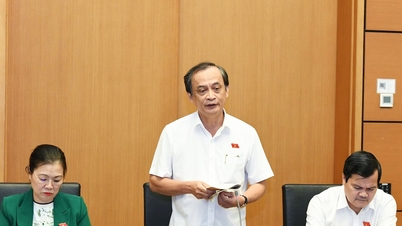

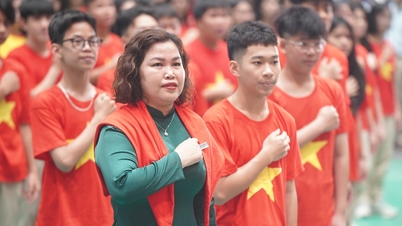
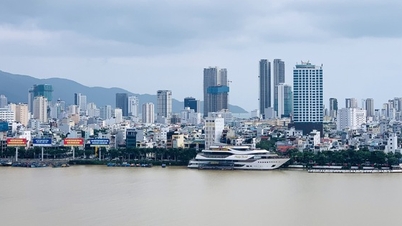

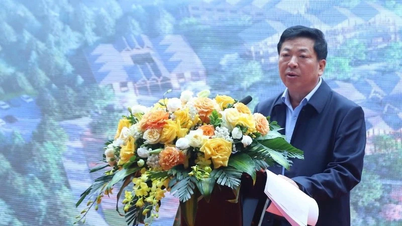



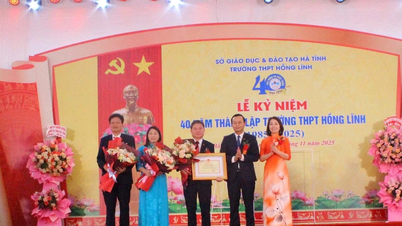
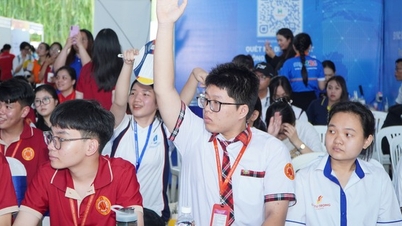










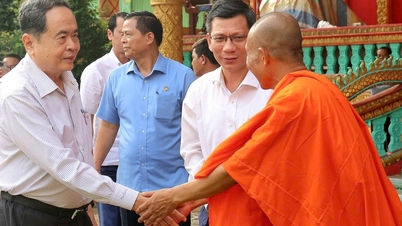







































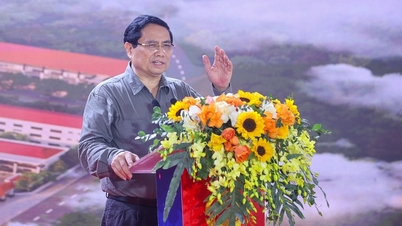








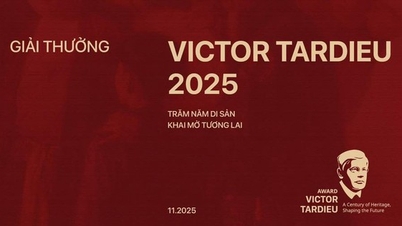


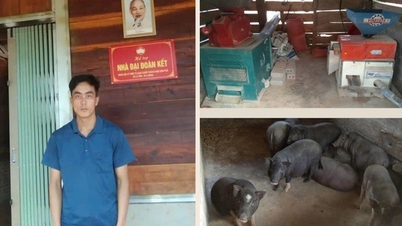
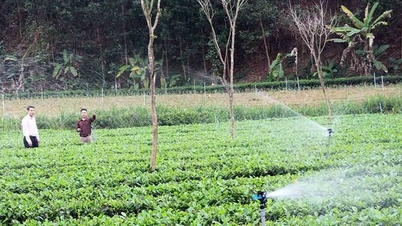
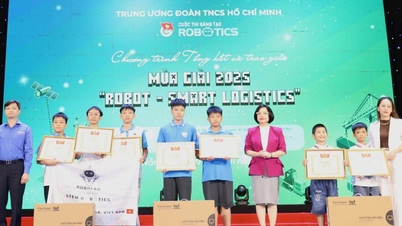







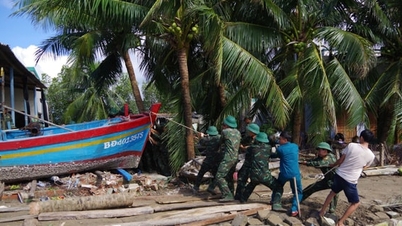
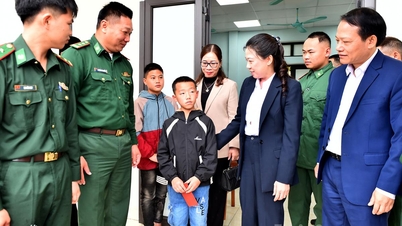
![Dong Nai OCOP transition: [Part 2] Opening new distribution channel](https://vphoto.vietnam.vn/thumb/402x226/vietnam/resource/IMAGE/2025/11/09/1762655780766_4613-anh-1_20240803100041-nongnghiep-154608.jpeg)












Comment (0)